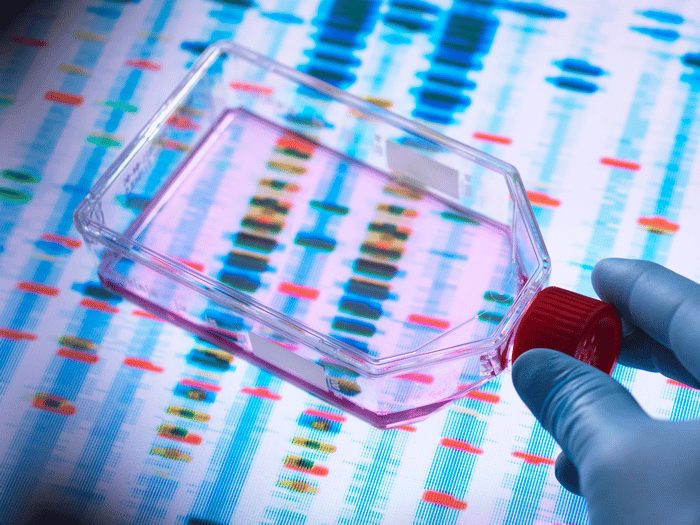Of all the diseases that are worthy subjects of stem cell research, diabetes is one that deserves the most attention from scientists. Diabetes is a very common condition. Latest estimates suggest 37.3 million United States residents have diabetes, which is more than 11% of the USA population.
There are ways in which stem cells can support the response to diabetes and improve a diabetic patient’s quality of life.

What is Diabetes?
There are two types of diabetes. Type 1 diabetes is an autoimmune condition that leads immune cells in the pancreas to destroy the insulin-generating tissue. The result is that the patient becomes deficient in insulin, which is necessary to regulate blood sugar levels.
Type 2 diabetes is a much more common condition. It is believed that between 90% and 95% of those 37.3 million Americans with the disease have Type 2 diabetes. In this case, tissues do not respond to the insulin produced (insulin resistance), so the pancreas continues to make more insulin to try to get it to respond. Eventually, the pancreas can’t keep up, blood sugar rises, and diabetes develops.
In both instances, the result is an inability to regulate your blood-glucose levels. It is possible to manage the effects of both forms of diabetes using regular medication. But it is hoped that with successful stem cell research, diabetes can be countered by a less intrusive and exhausting solution.
How Stem Cell Therapy Works Against Diabetes

Some stem cell research into diabetes has shown already that it is possible to use stem cell treatment to support the body’s tissue regeneration, support the growth of new blood vessels and restore the production and distribution of insulin.
Stem cells are undifferentiated, which means they can be used by your body in a variety of ways – most compellingly by supporting healthy and functioning tissue regeneration.
The stem cells we use at the Stemwell Clinic are harvested from the umbilical cord tissue of healthy, full-term, volunteer donors. They can be applied directly to a site that is causing problems or intravenously. In the case of Type 1 diabetes in particular, stem cell therapy can support the regeneration of healthy insulin-producing pancreatic cells.
As scientists continue to support more stem cell research, diabetes sufferers will hope that their efforts make a significant difference for the many millions of people who live with this debilitating disease.
Contact Stemwell to Learn More

Our staff at the Stemwell Clinic are trained and highly experienced in supporting people with a range of physical conditions. In every case, we take the time to learn precisely what your issue is so that we can plot a course ahead and draw up a personalized treatment plan.
If you would like to learn more about stem cell therapy you can contact us with any questions, or apply today to check your eligibility.



